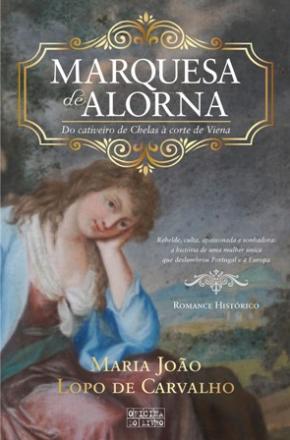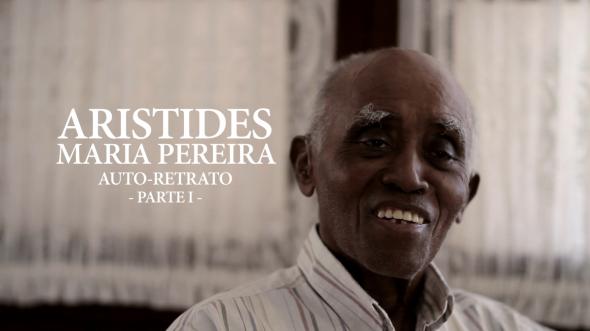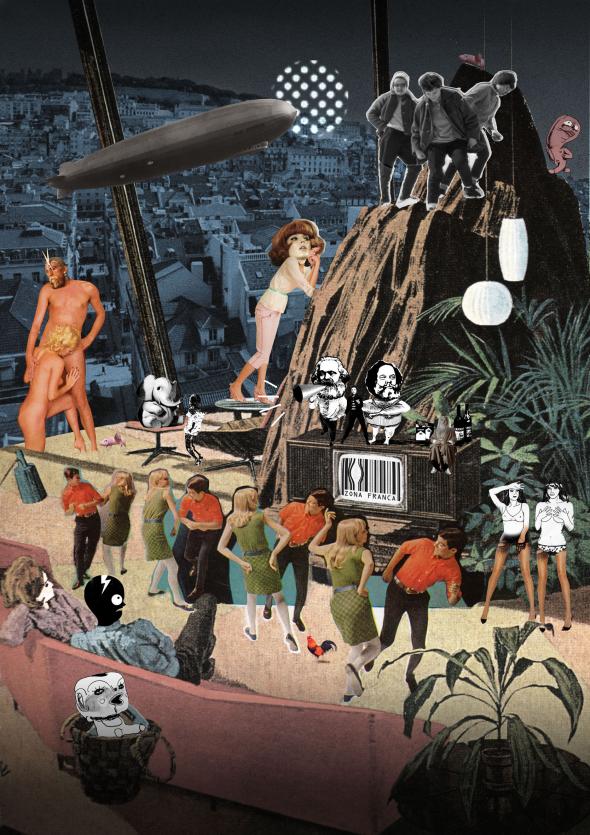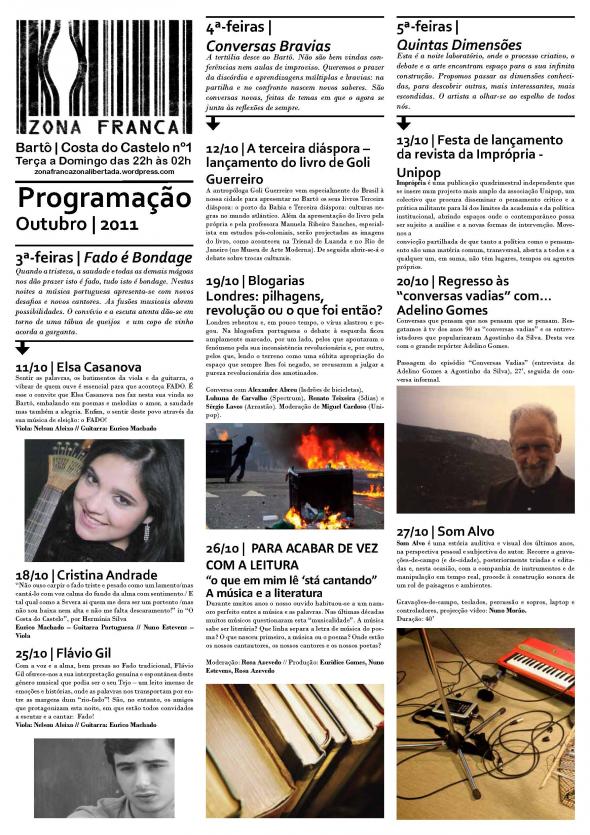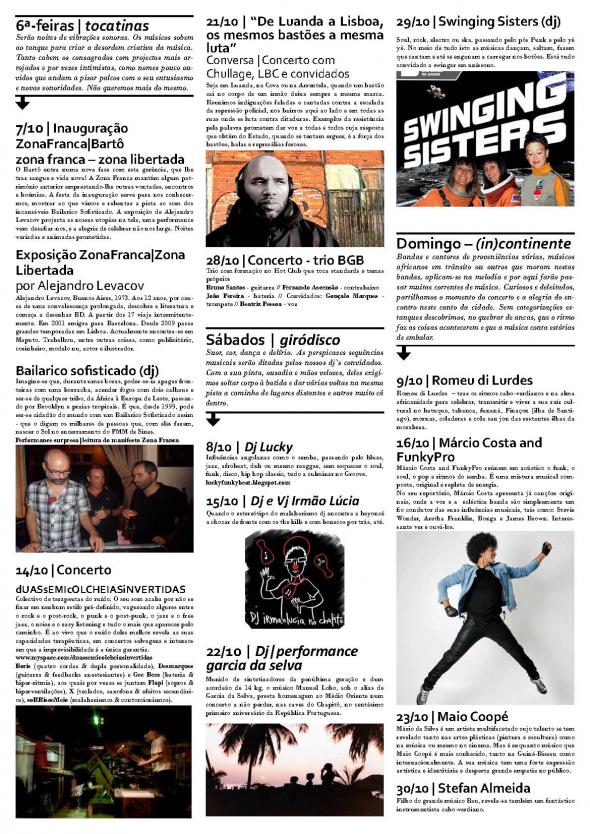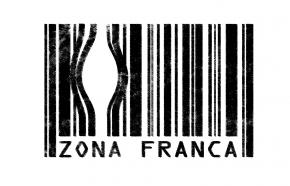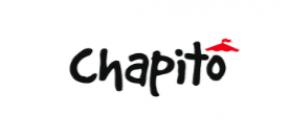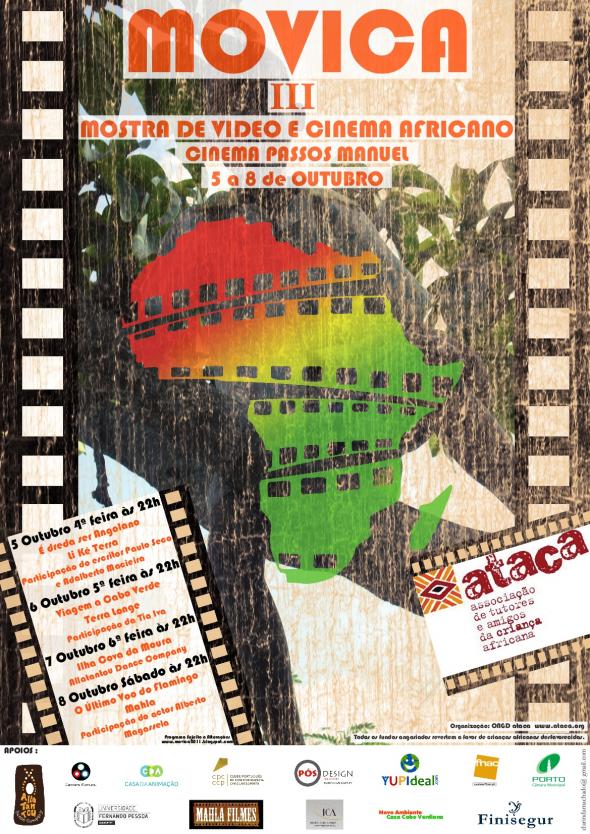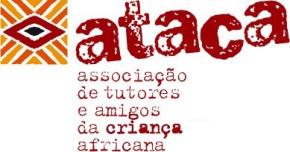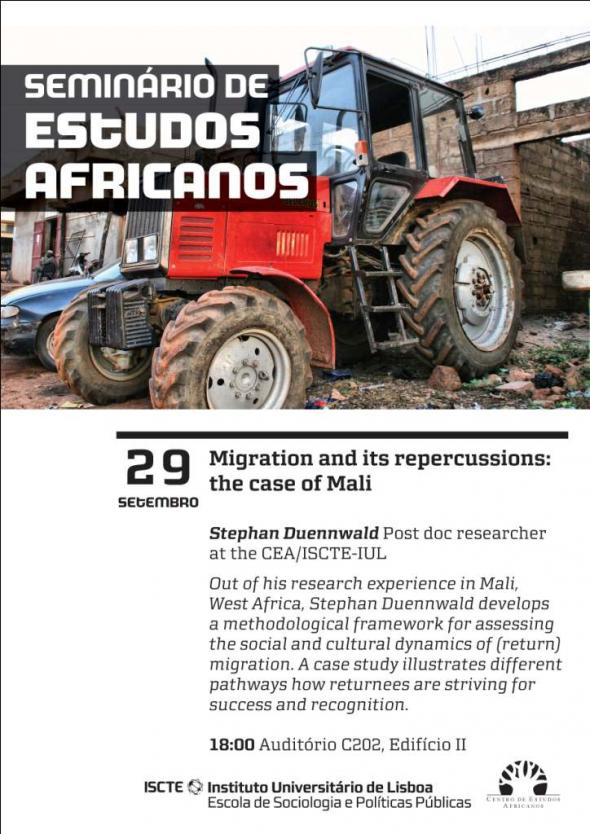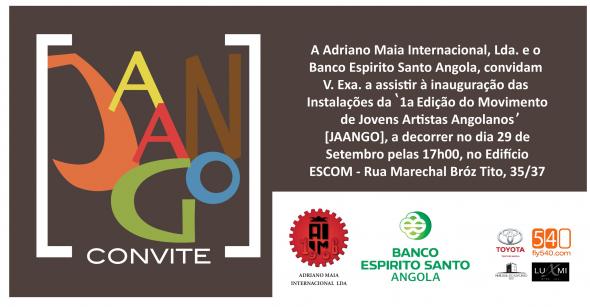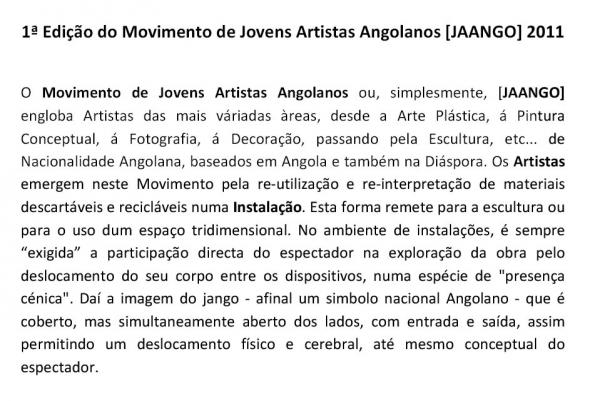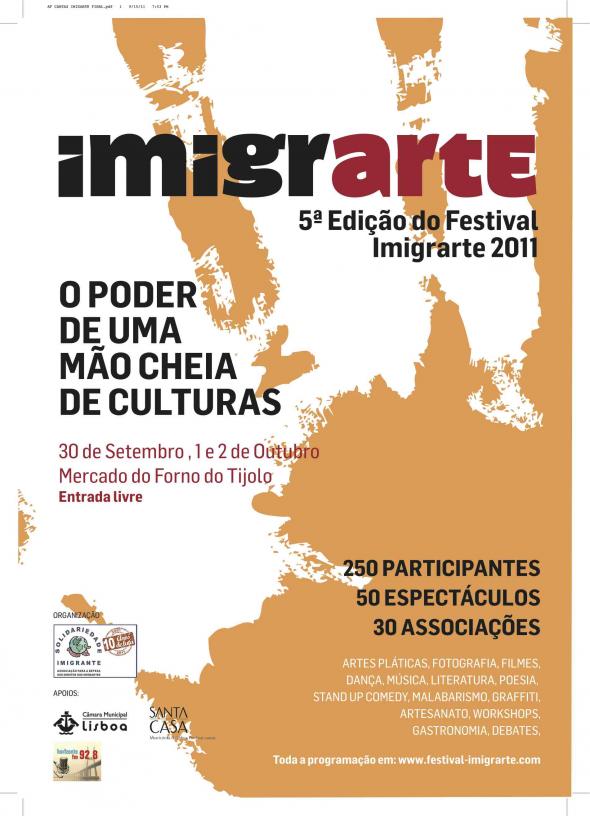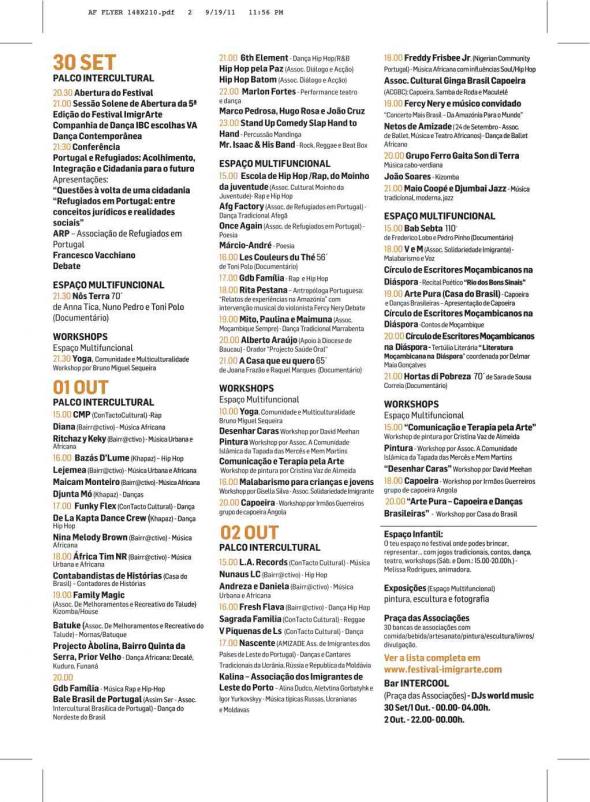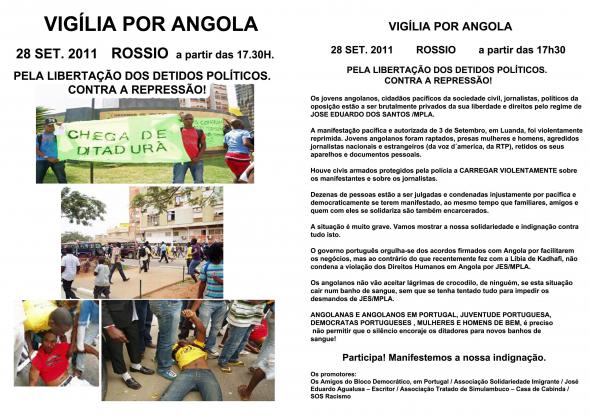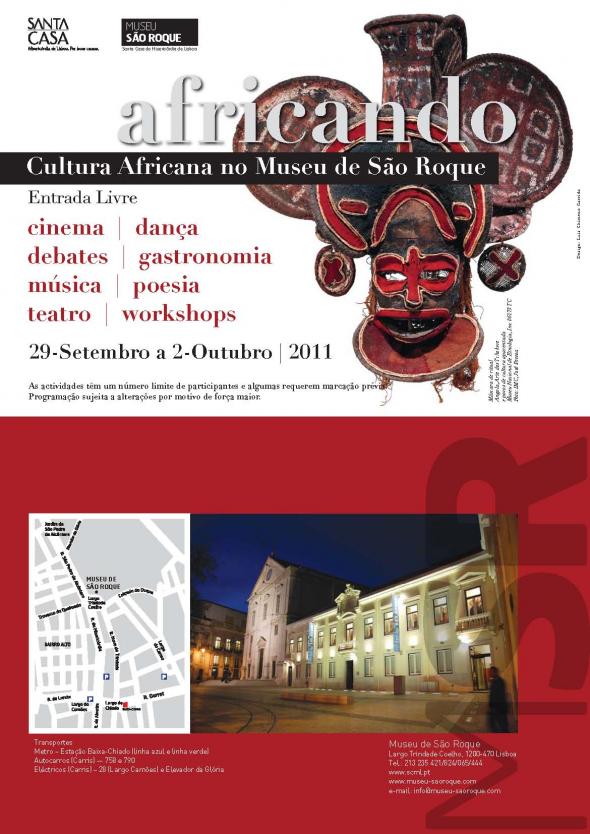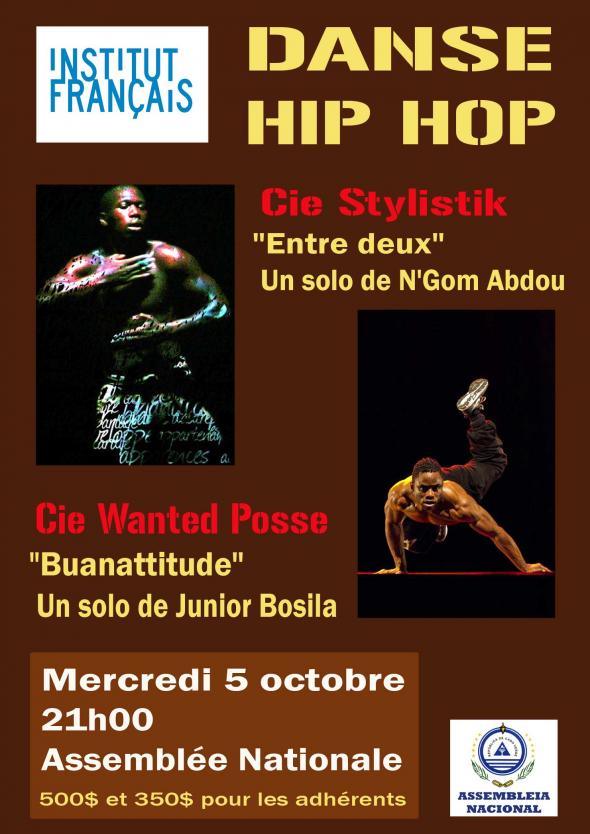DUARTE AMARAL NETTO | MAURO PINTO | ROSANGELA RENNÓ | CIA DE FOTO
Seleccionados para o Prémio BES photo 2012


O Prémio BES photo2012 tem o prazer de anunciar os nomes dos artistas que irão participar na sua 8ª edição, a segunda duplamente marcada pelo estatuto internacional que o prémio adquiriu - não só pelo alargamento do âmbito de selecção dos artistas que poderão ser de nacionalidade portuguesa, brasileira ou dos Países Africanos de Língua Oficial Portuguesa (PALOP’s), como pela itinerância da exposição que, após ser apresentada no Museu Berardo, estará patente na Pinacoteca do Estado de São Paulo.
A escolha de quatro artistas internacionais nomeados foi efectuada pelos três membros do Júri de Selecção da 8ª edição do BES photo que acompanharam o panorama expositivo da fotografia no período a que reporta o prémio, e que, individualmente representam o triângulo geográfico referido – Diógenes Moura, curador de fotografia da Pinacoteca do Estado de São Paulo (Brasil); Delfim Sardo, curador, crítico de arte e professor (Portugal) e Bisi Silva, curadora e fundadora/directora do Centro de Arte Contemporânea de Lagos, CCA Lagos (Nigéria).
Na opinião do Júri, a nomeação de Duarte Amaral Netto (Portugal), ‘resultou do trabalho que tem vindo a desenvolver ao longo de uma década, e, especificamente, pela qualidade conceptual da exposição ‘The Polish Club Case’, apresentada em Lisboa.’
A escolha do artista Mauro Pinto (Moçambique) prende-se com ‘a forma coerente como tem vindo a efectuar o mapeamento e a representação de Moçambique. Destaca-se o trabalho apresentado na exposição ‘Maputo – Luanda – Lubumbashi’, em Lisboa.’
A nomeação de Rosangela Rennó (Brasil) prende-se com a ‘complexidade da forma como tem desenvolvido uma maturada reflexão sobre a natureza do fotográfico, articulada com o papel da memória. Esta nomeação surge pelas exposições apresentadas na Galeria Vermelho, em São Paulo, e na Galeria La Fábrica, em Madrid.’
Sobre a selecção do colectivo CIA de Foto (Brasil), o júri realça ‘a qualidade da série ‘Carnaval’ (apresentada no âmbito do ‘New York Photo Fest’), num processo de trabalho que revela segurança técnica e, sobretudo poética. Trata-se da preparação de uma segunda camada para a memória de cada uma das imagens, ou da série, como um todo. Este exercício extende-se ao vídeo que acompanha o trabalho, ao fazer com que cada personagem avance para o olhar do espectador criando um outro tempo num plano mais fechado.’
O Banco Espírito Santo, Museu Berardo e Pinacoteca do Estado de São Paulo juntam-se assim com o intuito de promover a criatividade e integração dos artistas plásticos contemporâneos de língua portuguesa no panorama internacional e com a ambição de construírem aquele que será o maior prémio de arte contemporânea do Atlântico Sul.
À semelhança das edições anteriores, o critério de selecção dos artistas em questão requer que estes tenham efectuado uma exposição de obras de suporte fotográfico e/ou a edição de uma publicação durante o período de 12 meses anterior à data de reunião do Júri de Selecção.
À semelhança da passada edição que marcou a internacionalização do Prémio, os artistas seleccionados apresentarão os seus trabalhos no Museu Colecção Berardo numa primeira exposição com inauguração prevista para 13 de Março, e que, itinerará para a Pinacoteca do Estado de São Paulo onde será apresentada entre Junho e Agosto de 2012.
Numa primeira fase, cada um dos artistas seleccionados recebe uma bolsa de produção para a realização da exposição BES photo. Num segundo momento, que corresponde à fase de premiação, o Júri de composição internacional com nacionalidade distinta das representadas pelos artistas seleccionados elegerá, a partir da exposição efectuada no Museu Colecção Berardo, o vencedor da 7ª edição, cujo valor pecuniário do prémio é de 40.000 euros.



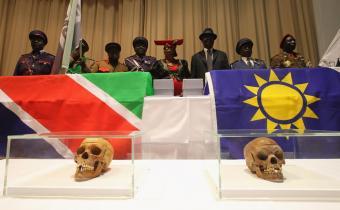 Dos cráneos mondos presidían la ceremonia en sendas urnas transparentes. Banderas de Namibia cubrían los otros 18, dispuestos en cajas de cartón gris. Son los restos de 20 hereros y namas (grupos étnicos del sur de África) muertos en las guerras coloniales que, enviados hace 100 años a Berlín como piezas de museo para su estudio antropológico y “racial”, regresan ahora a Namibia. Recibirán sepultura tras un siglo conservados en cajones a miles de kilómetros del lugar donde murieron. El viernes, la ceremonia pública de entrega en la clínica berlinesa Charité se convirtió en un acto de protesta contra el olvido alemán
Dos cráneos mondos presidían la ceremonia en sendas urnas transparentes. Banderas de Namibia cubrían los otros 18, dispuestos en cajas de cartón gris. Son los restos de 20 hereros y namas (grupos étnicos del sur de África) muertos en las guerras coloniales que, enviados hace 100 años a Berlín como piezas de museo para su estudio antropológico y “racial”, regresan ahora a Namibia. Recibirán sepultura tras un siglo conservados en cajones a miles de kilómetros del lugar donde murieron. El viernes, la ceremonia pública de entrega en la clínica berlinesa Charité se convirtió en un acto de protesta contra el olvido alemán 